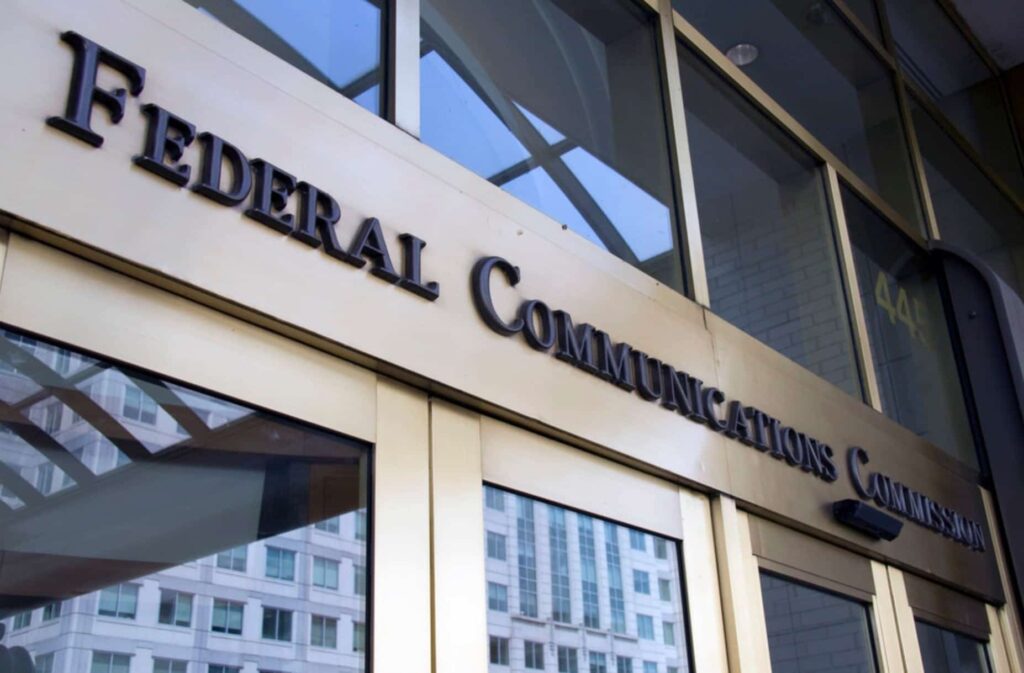Federal Communications Commission Chairwoman Jessica Rosenworcel shared a proposal that would, for the first time, require video conferencing platforms like Zoom, Microsoft Teams, or Webex to comply with accessibility requirements under the Communications Act.
The proposal includes, among other things, rules for enhancing the accessibility of conferencing platforms, including captioning and text-to-speech capabilities as well as the use of American Sign Language (ASL) interpreting.
“The pandemic taught us all the value of video conferencing ─ to stay connected, to get work done, to stay in touch with our doctors, and much more ─ but for many people with disabilities, making effective use of these platforms continues to be a challenge,” Rosenworcel said. “I’ve proposed taking a bold step in ensuring that video conferencing platforms are usable by all who rely on them to stay connected to their family, friends, co-workers, and community.”
Rosenworcel’s proposal mandating accessibility features on video conferencing platforms is similar to a plan suggested late last year by Sen. Edward Markey (D-Mass.) and Rep. Anna Eshoo (D-Calif.).
The Communication, Video, and Technology Accessibility Act (CVTA) aims to keep pace with emerging technologies that have come online since the 2010 passage of the Twenty-First Century Communications and Video Accessibility Act, which mandated the accessibility of a wide range of digital devices and services for the millions of Americans with disabilities.
The CVTA would strengthen standards for television programming and emergency communication; expand accessibility requirements, including closed captions and audio descriptions, to online platforms and video conferencing services; and equip the federal government with the ability to improve accessibility of emerging technologies.
“People with disabilities deserve equal access to the tools and technologies that define life in the 21st century – and that includes video conferencing,” Markey and Eshoo said in a statement. “Since the COVID-19 pandemic hit, video conferencing has become increasingly essential for work, education, and healthcare, but many video conferencing services fall short for people with disabilities, leaving them disconnected. We applaud Chairwoman Rosenworcel for her leadership and look forward to working with the FCC to ensure people with disabilities have full access to video conferencing platforms and other important services.”
The FCC proposal will go to the rest of the commission for a vote. If pushed forward, it will go to the public for comment.




